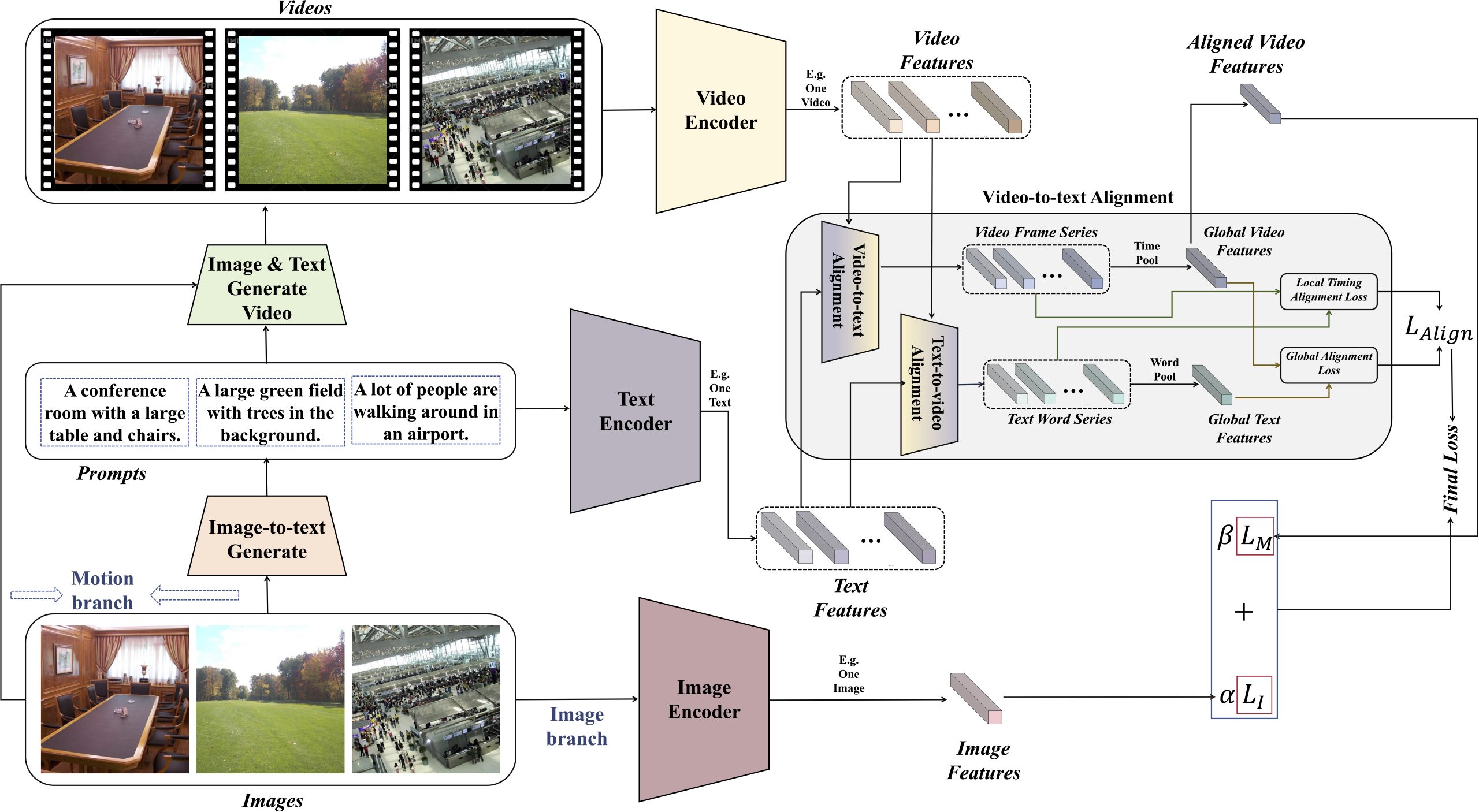Elsevier Displays: Unlocking Implicit Motion for Evaluating Image Complexity
Unlocking Implicit Motion for Evaluating Image Complexity
Displays
Yixiao Lia (Beihang University, China), Xiaoyuan Yang (Beihang University, China), Yanda Meng (University of Exeter, UK), Hadi Amirpour (AAU, AT), Jiang Liu (Cardiff University, UK), Yuqing Luo (Cardiff University, UK), Hantao Liu (Cardiff University, UK), and Wei Zhou (Cardiff University, UK)
Abstract: Image complexity (IC) plays a critical role in both cognitive science and multimedia computing, influencing visual aesthetics, emotional responses, and tasks such as image classification and enhancement. However, defining and quantifying IC remains challenging due to its multifaceted nature, which encompasses both objective attributes (e.g., detail, structure) and subjective human perception. While traditional methods rely on entropy-based or multidimensional approaches, and recent advances employ machine learning and shallow neural networks, these techniques often fail to fully capture the subjective aspects of IC. Inspired by the fact that the human visual system inherently perceives implicit motion in static images, we propose a novel approach to address this gap by explicitly incorporating hidden motion into IC assessment. We introduce the motion-inspired image complexity assessment metric (MICM) as a new framework for this purpose. MICM introduces a dual-branch architecture: One branch extracts spatial features from static images, while the other generates short video sequences to analyze latent motion dynamics. To ensure meaningful motion representation, we design a hierarchical loss function that aligns video features with text prompts derived from image-to-text models, refining motion semantics at both local (i.e., frame and word) and global levels. Experiments on three public image complexity assessment (ICA) databases demonstrate that our approach, MICM, significantly outperforms state-of-the-art methods, validating its effectiveness. The code will be publicly available upon acceptance of the paper.


